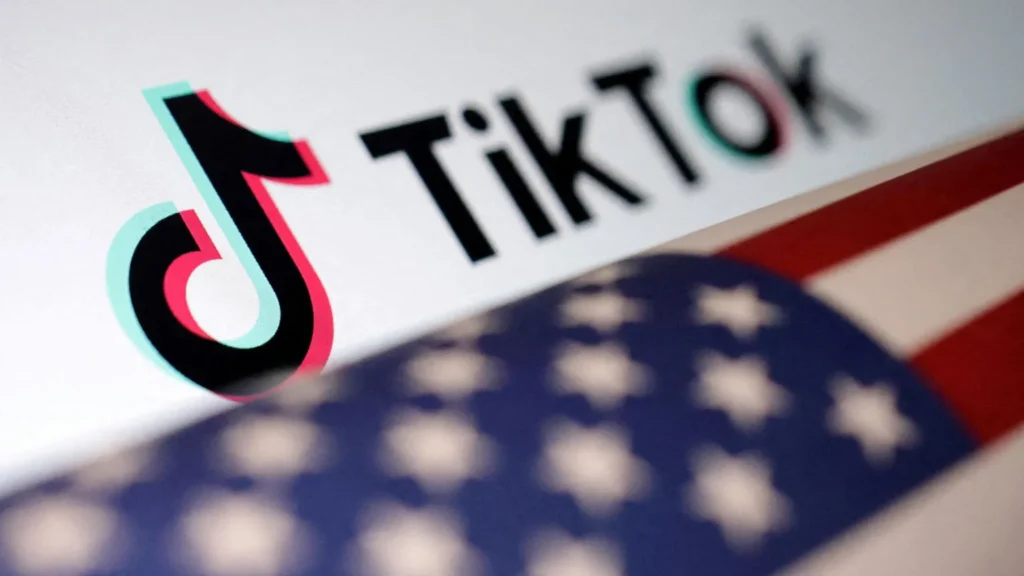AS United States President-elect Donald Trump prepares to return to the White House, TikTok could be in line for a reprieve from the very leader who led the charge to ban the embattled video-sharing platform.
Under a law signed by US President Joe Biden in April, ByteDance, the Chinese owner of the wildly popular app, was given nine months to divest its stake in the company or face a ban on national security grounds.
The deadline for the sale – January 19 – is the day before Trump’s inauguration.
On the campaign trail, Trump, who signed an executive order seeking to ban the app during his first term, pledged to “save TikTok” but neither he nor his transition team have disclosed further details about what this might mean for ByteDance.
The president-elect potentially has several options, although he would not be able to overturn the law enforcing the ban on his own, according to legal experts.
Originally passed in the US House of Representatives as the Protecting Americans from Foreign Adversary Controlled Applications Act, a shorter version of the ban was tacked onto a Senate bill approving foreign aid to Israel, Ukraine and Taiwan.
Shortly after it was signed into law, ByteDance initiated a lawsuit arguing that the ban violates the freedom of speech of 170 million American users of the app.
“For the first time in history, Congress has enacted a law that subjects a single, named speech platform to a permanent, nationwide ban, and bars every American from participating in a unique online community with more than 1 billion people worldwide,” the company said in the lawsuit.
The lawsuit is expected to take years to conclude and is further complicated by the fact that a ban would involve the participation of Google and Apple, which offer TikTok in their app stores, and Oracle, which hosts the app in the US.
Anupam Chander, an expert on global tech regulations at Georgetown Law in Washington, DC, said that Trump could ask the US Congress to empower him to negotiate a different arrangement with ByteDance and TikTok that takes security concerns into account.
“I think many politicians would prefer that TikTok not go dark in the US in January. After all, some 170 million Americans continue to use the app, even after the government told them it’s a national security threat,” Chander told Al Jazeera.
“And yes, even if TikTok stops working for a while because TikTok’s owners won’t sell at a fire sale price, Trump could convince Congress to change the law to bring it back.”
David Greene, the civil liberties director of the US-based Electronic Frontier Foundation (EFF), said Trump could also instruct the US Justice Department to drop or modify its defence in the lawsuit with ByteDance or instruct the US Department of Commerce not to enforce the law.







